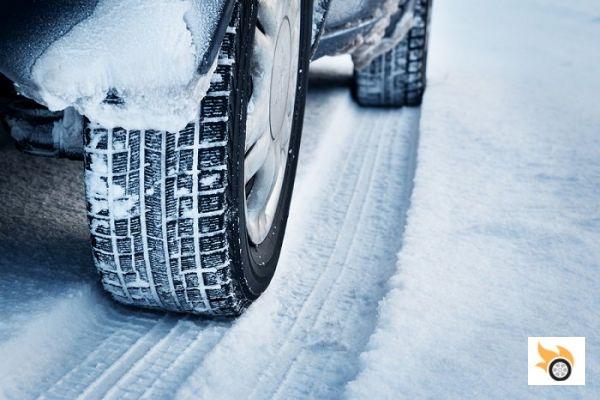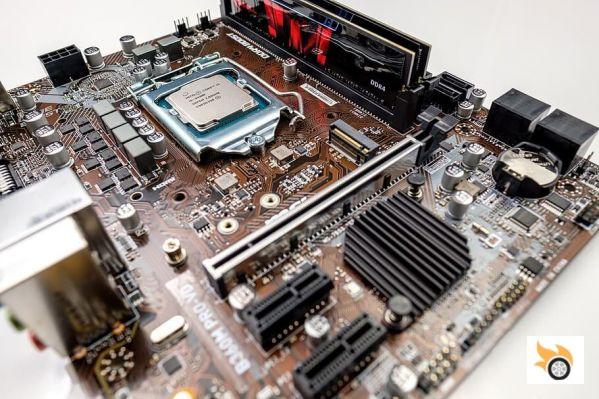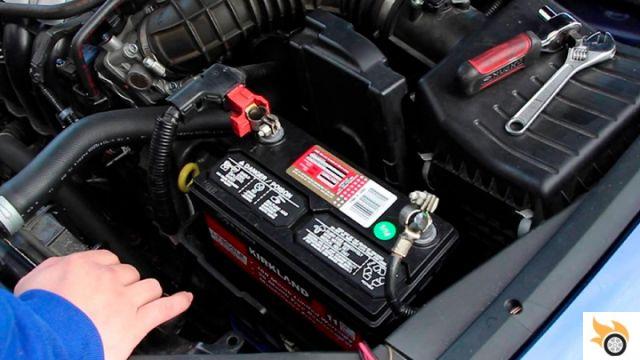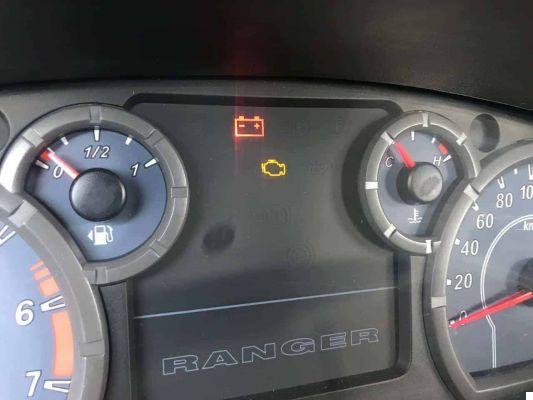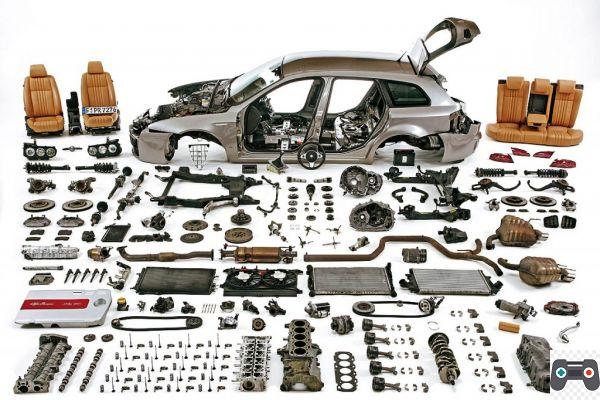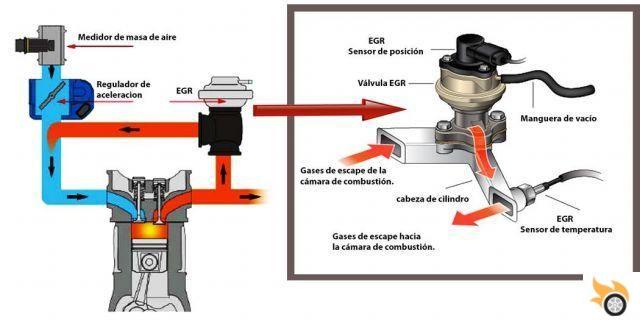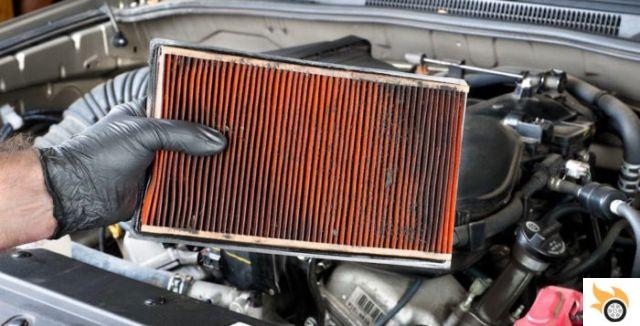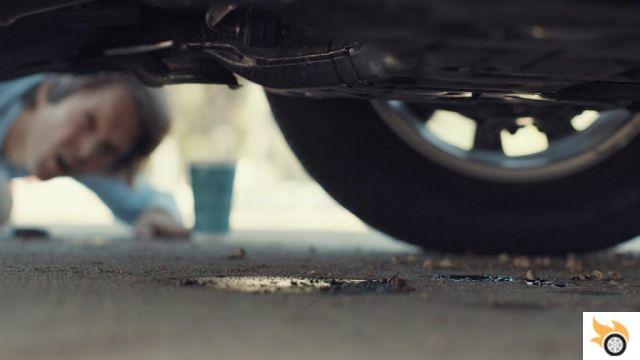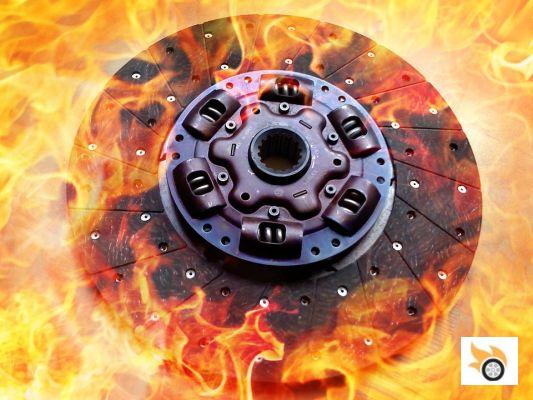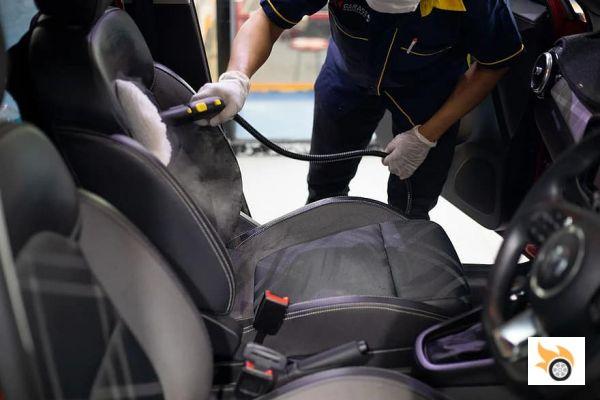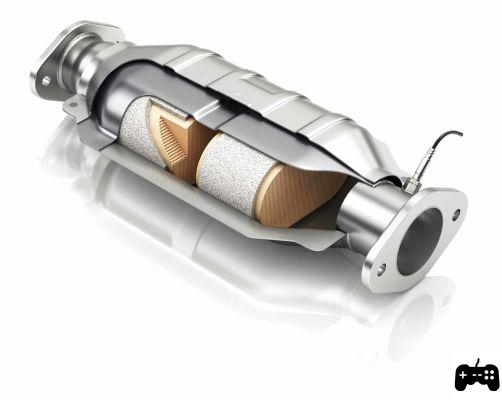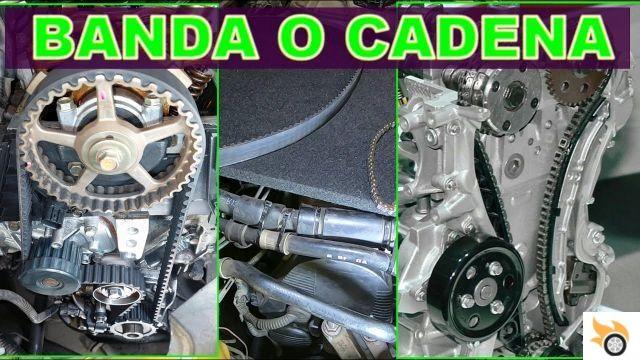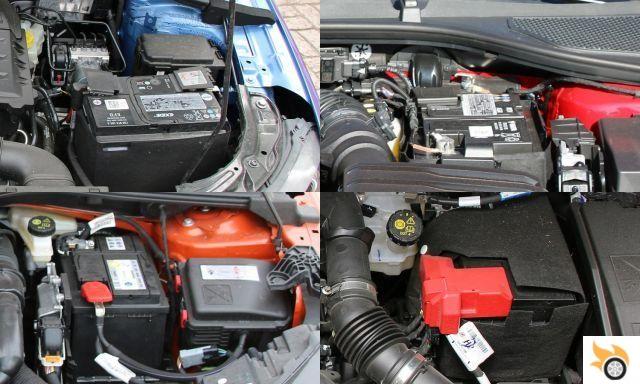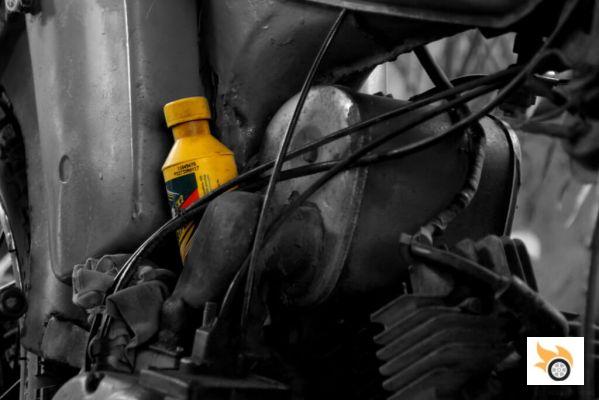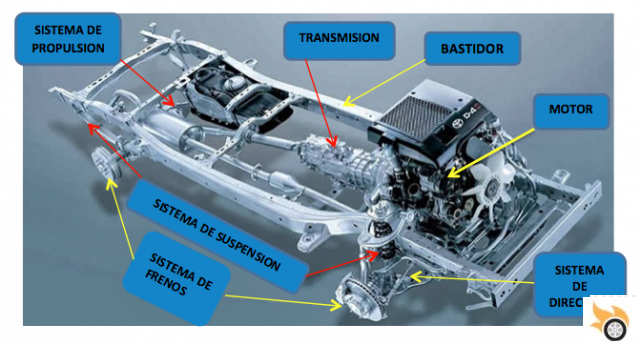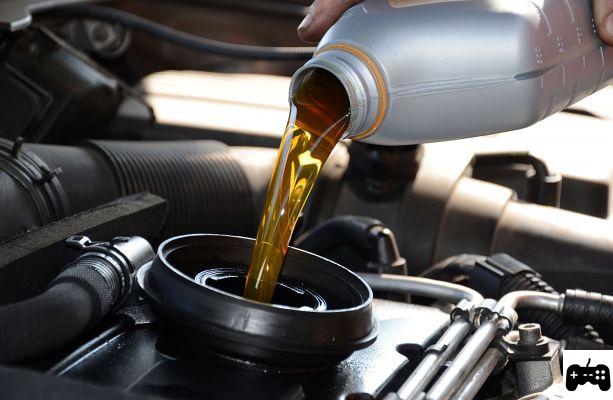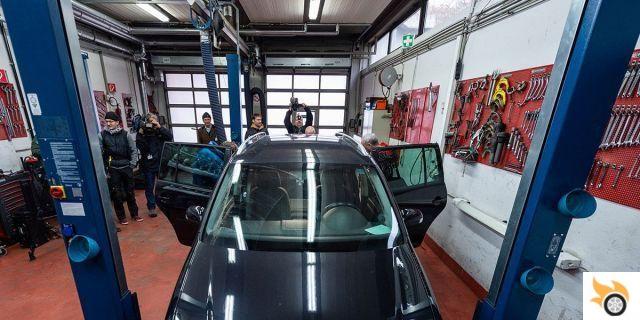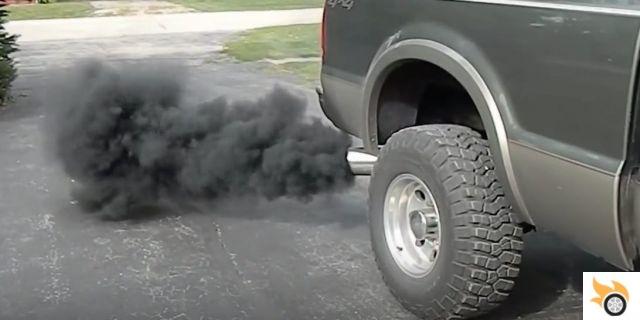
Introduction
Welcome to Pistonudos.com, where we care about providing valuable information on the most common problems that can affect car diesel engines. In this article, we will address the issue of black smoke in diesel engines, its causes, consequences and possible solutions. If you are a diesel vehicle owner concerned about this problem, you have come to the right place!
Why is black smoke produced from diesel engines?
Black smoke from diesel engines can be caused by a number of reasons. One of the main causes is an unbalanced fuel-air mixture. When the ratio of fuel and air is not adequate, incomplete combustion occurs, which generates the emission of black smoke. Another common cause is carbon buildup in fuel injectors, affecting fuel atomization and causing inefficient combustion.
What does black smoke mean and what consequences can it have?
Black smoke from diesel engines is a sign that something is not working properly. In addition to being unsightly, black smoke can indicate poor engine performance and increased fuel consumption. In addition, the emission of black smoke can be harmful to the environment, as it contributes to air pollution and global warming.
Possible solutions for black smoke in diesel engines
Fortunately, there are several solutions to solve the problem of black smoke in diesel engines. Here are some of the most effective:
Cleaning the fuel injectors
Carbon buildup in fuel injectors is one of the main causes of black smoke. Regular cleaning of the injectors can help improve fuel atomization and reduce the emission of black smoke. You can choose to use specific cleaning products or go to a specialized workshop to carry out this procedure.
Fuel Air Mixture Adjustment
If the fuel/air ratio is not adequate, it is necessary to adjust it to achieve complete combustion. This may involve cleaning or replacing air filters, as well as checking and calibrating fuel injection systems. Proper fuel air mixture adjustment will not only help reduce black smoke, but also improve engine performance and efficiency.
regular engine maintenance
Regular engine maintenance is essential to prevent and fix problems like black smoke. Performing oil and filter changes according to the manufacturer's recommendations, as well as regularly checking and cleaning exhaust system components, can help keep your engine in good condition and reduce the emission of black smoke.
Use quality fuel
The use of quality fuel is essential to avoid problems in diesel engines. Opt for fuels of recognized brands and avoid the use of adulterated or poor quality fuel. Poor quality fuel may contain impurities that affect engine performance and increase the emission of black smoke.
Frequently Asked Questions (FAQs)
1. Does black smoke from diesel engines always indicate a serious problem?
Not necessarily. While black smoke is a sign that something is wrong, in some cases it can be caused by minor issues such as an unbalanced fuel-air mixture. However, it is important to perform a proper checkup and diagnosis to identify the exact cause of the problem and take the necessary measures.
2. Can I drive my car if it emits black smoke?
If your car is emitting black smoke, it is advisable to avoid driving it until the problem is fixed. In addition to affecting engine performance and increasing fuel consumption, the emission of black smoke can be harmful to the environment. Go to a specialized workshop to carry out a proper inspection and repair before using your car again.
Conclusion
In short, black smoke in diesel engines can be caused by an unbalanced fuel-air mixture or carbon buildup in the fuel injectors. In addition to being unsightly, black smoke can indicate poor engine performance and contribute to air pollution. However, there are effective solutions to solve this problem, such as cleaning the fuel injectors, adjusting the fuel-air mixture, regular engine maintenance and the use of quality fuel. Remember that it is important to carry out a proper review and diagnosis to identify the exact cause of the problem and take the necessary measures. Do not hesitate to leave us your comments and queries related to this topic!
Until next time!
The Pistonudos.com team
Consequences of disconnecting the IAC valve in a vehicle ❯




